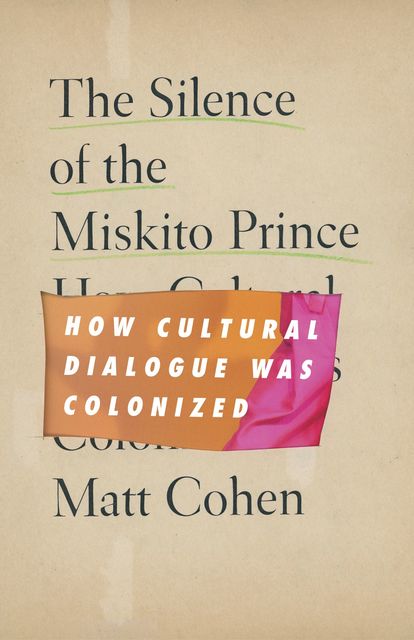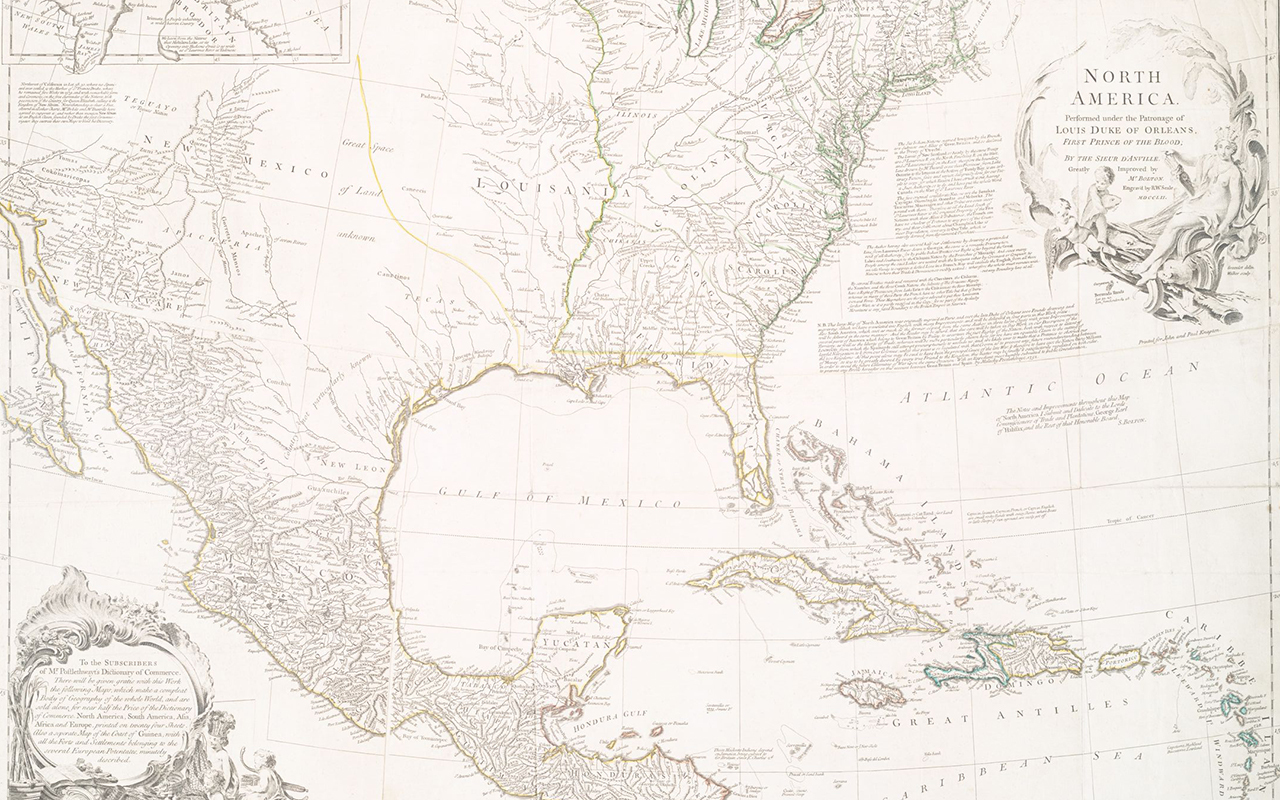Winner of the Modern Language Association’s James Russell Lowell Prize, 2023
The Silence of the Miskito Prince
How Cultural Dialogue Was Colonized
How can we tell colonial histories in ways that invite intercultural conversation within humanistic fields that are themselves products of colonial domination? Beginning with a famous episode of failed communication from the narrative of the freed slave Olaudah Equiano, The Silence of the Miskito Prince explores this question by looking critically at five concepts frequently used to imagine solutions to the challenges of cross-cultural communication: understanding, cosmopolitanism, piety, reciprocity, and patience.
Focusing on the first two centuries of North American colonization, Matt Cohen traces how these five concepts of cross-cultural relations emerged from, and continue to evolve within, colonial dynamics. Through a series of revealing archival explorations, he argues the need for a new vocabulary for the analysis of past interactions drawn from the intellectual and spiritual domains of the colonized and for a historiographical practice oriented less toward the illusion of complete understanding and scholarly authority and more toward the beliefs and experiences of descendant communities.
The Silence of the Miskito Prince argues for new ways of framing scholarly conversations that use past interactions as a site for thinking about intercultural relations today. By investigating the colonial histories of these terms that were assumed to promote inclusion, Cohen offers both a reflection on how we got here and a model of scholarly humility that holds us to our better or worse pasts.

Background image: Lionel Pincus and Princess Firyal Map Division, The New York Public Library. "North America" New York Public Library Digital Collections.

Table of Contents
Metadata
- rightsThe University of Minnesota Press gratefully acknowledges the financial assistance provided for the publication of this book by the University of Nebraska–Lincoln.
Open access edition funded by the National Endowment for the Humanities.
Portions of the Introduction and chapter 5 are adapted from “‘Between Friends and Enemies’: Moving Books and Locating Native Critique in Early Colonial America,” in The World, the Text, and the Indian: Global Dimensions of Native American Literature, ed. Scott Richard Lyons, 103–27 (Albany: State University of New York Press, 2017). Portions of chapter 2 are adapted from “Believing in Piety: Spiritual Transformation across Cultures in Early New England,” in Religious Transformations in the Early Modern Americas, ed. Stephanie Kirk and Sarah Rivett, 161–79 (Philadelphia: University of Pennsylvania Press, 2014). Portions of chapter 5 are adapted from the author’s review of Eloquence Embodied: Nonverbal Communication among French and Indigenous Peoples in the Americas by Celine Carayon, NAIS 8, no 1 (2021): 198–200.
Excerpts from “In Mystic,” from Conflict Resolution for Holy Beings: Poem , by Joy Harjo, copyright 2015 by Joy Harjo. Reprinted by permission of W. W. Norton & Company, Inc.
Copyright 2022 by the Regents of the University of Minnesota
The Silence of the Miskito Prince: How Cultural Dialogue Was Colonized is licensed under a Creative Commons Attribution-NonCommercial-NoDerivatives 4.0 International License (CC BY-NC-ND 4.0).
- isbn978-1-4529-6830-8
- publisherUniversity of Minnesota Press
- publisher placeMinneapolis, MN
- restrictionsPlease see the Creative Commons website for details about the restrictions associated with the CC BY-NC-ND 4.0 license.
- rights holderRegents of the University of Minnesota
- doi

